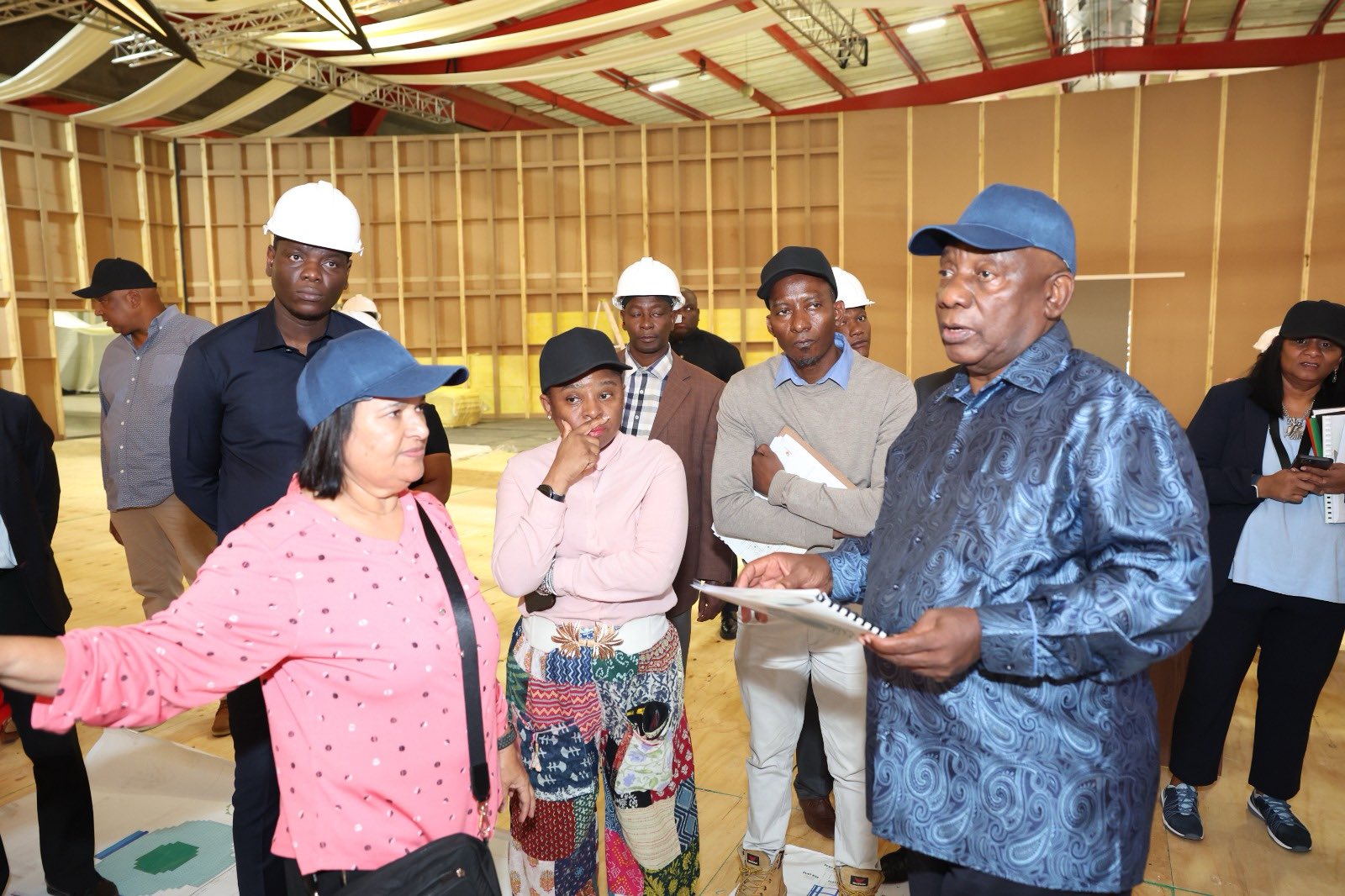News
A Shared Stage: How the G20 Summit Serves India and South Africa’s Global Economic Ambitions

In the bustling halls of the G20 summit, where the world’s most powerful economies gather, a different story is being written. It’s a story not just of established giants, but of emerging voices demanding a seat at the main table. For nations like India and South Africa, this high-profile gathering is far more than a diplomatic talking shop. It is a strategic platform to amplify a shared vision for a more inclusive and equitable global economy.
While the agenda is set by the host nation, the real work for countries like ours happens on the sidelines. It is in these meetings that a quiet but determined alliance works to reshape the international financial architecture, long dominated by a select few.
Championing the Global South
A central pillar of the joint vision promoted by India and South Africa is the urgent need to reform multilateral institutions. The message is clear: the global economic system, designed in the mid-20th century, no longer reflects the realities of the 21st. The voices and economic weight of the developing world, often lumped together as the “Global South,” must be properly represented.
This means advocating for changes at institutions like the International Monetary Fund and the World Bank. The goal is to ensure that developing economies have a greater say in the rules that govern global finance, trade, and development. For South Africa, partnering with a dynamic economic power like India on this front adds significant weight to its arguments and strengthens its position as a leading voice for Africa.
Forging Partnerships Beyond the Podium
The G20 provides an unparalleled opportunity for face-to-face diplomacy. For South African delegates, the summit is a chance to engage directly with world leaders and major investors. The focus is on positioning South Africa as a key investment destination and a strategic gateway into the African continent.
These bilateral discussions are where broad visions turn into tangible opportunities. They can pave the way for trade agreements, technology transfers, and foreign direct investment in critical sectors like infrastructure, renewable energy, and digital innovation. The relationship with India is particularly crucial, serving as a model for South-South cooperation that leverages complementary strengths for mutual benefit.
A Unified Front for a New World Order
The collaboration between India and South Africa at forums like the G20 is a powerful statement. It signals a move away from a world order where developing nations are passive recipients of policy, towards one where they are active architects of their own destiny.
Their shared economic vision is built on the principles of fairness, sustainable development, and mutual growth. They argue that a global economy that works for everyone, not just a privileged few, is ultimately more stable and prosperous for all.
The next time you see headlines from the G20, look beyond the group photos and official statements. See it for what it is for nations like ours: a critical battlefield of ideas where the future of the global economy is being negotiated. India and South Africa are not just attendees; they are increasingly becoming agenda-setters, determined to ensure that the next chapter of globalization is written with their ink.
{Source: IOL}
Follow Joburg ETC on Facebook, Twitter , TikTok and Instagram
For more News in Johannesburg, visit joburgetc.com


























